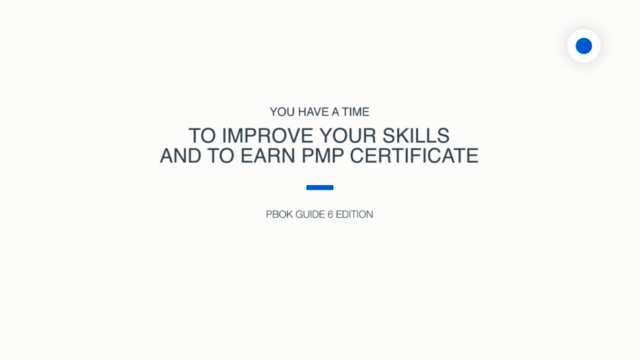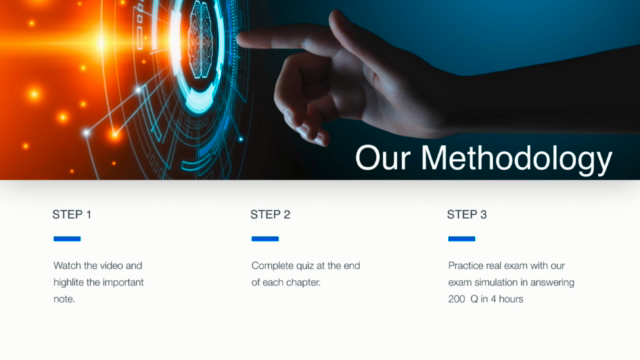Project Management Professional (PMP) Exam Preparation

Why take this course?
-
Controlling Stakeholder Engagement: Once you have planned and managed stakeholder engagement effectively, the next step is to control it. This involves monitoring the ongoing interactions with stakeholders, managing any changes to the engagement strategy, ensuring that stakeholders' needs and expectations are being met, and making sure that their involvement contributes positively to project success. In this course, you will learn how to measure and track stakeholder satisfaction, manage stakeholder requests or issues, and adapt your engagement plan as necessary. Effective control of stakeholder engagement helps maintain the integrity of the project's goals and objectives while fostering positive relationships with all parties involved.
-
Managing Project Knowledge: In any complex endeavor like a project, knowledge is power—but only if it's shared and used effectively. The processes in the project knowledge management knowledge area are about making sure that the right information is available to the right people at the right time. In this course, we cover the following processes:
- Manage Project Knowledge: This involves organizing, updating, distributing, and maintaining access to lessons learned and other project knowledge to enhance decision-making and performance across projects. It's about making sure that what you learn from one project can be applied to improve future projects.
- Share Project Knowledge: This means facilitating the communication of knowledge within and across organizations for awareness, learning, and decision-making purposes. It's a critical aspect of continuous improvement in project management practices.
-
Strategic Planning for Project Success: In this course, we will explore how to align your project with the strategic objectives of the organization. This means ensuring that your project contributes positively to the long-term goals and mission of the business or organization. You'll learn how to integrate organizational change management and to consider the broader context in which the project operates. By aligning your project with the strategic direction, you can enhance its success and ensure that it adds real value.
-
Implementing Strategy: Execution is key—a strategy without execution is just an intention. In this course, we cover the processes involved in implementing the strategic planning you've done for your project. This includes:
- Direct Strategic Implementation: Taking direct actions to achieve strategic objectives, which can involve executing tasks or projects as well as managing organizational change and resistance.
- Managing Strategy Execution: Overseeing and coordinating the implementation of strategy, including managing stakeholders, resources, and changes throughout the organization. This ensures that the project's strategic alignment is maintained and that it is executed effectively.
-
Evaluating Project Performance: No project is complete without evaluating its performance against the goals and objectives set at the outset. In this course, you will learn how to assess various dimensions of project performance, including technical, financial, operational, and organizational outcomes. By measuring and analyzing these aspects, you can gain insights into what worked well and what didn't, leading to improved decision-making and strategies for future projects.
-
Concluding a Project: The final phase of any project involves closing it down properly. In this course, we cover the processes necessary for formally completing the project, releasing project resources, and gathering lessons learned that can be applied to subsequent projects. You'll learn how to close out contracts, conduct post-project evaluations, and ensure that all project documentation is complete and stored appropriately. Concluding a project successfully ensures that you leave behind a legacy of knowledge and best practices for future endeavors.
These courses, taken together, provide a comprehensive understanding of the processes involved in managing successful projects from initiation to closure, ensuring that you are equipped with the skills and knowledge to handle any challenge that comes your way as a project manager.
Course Gallery




Loading charts...